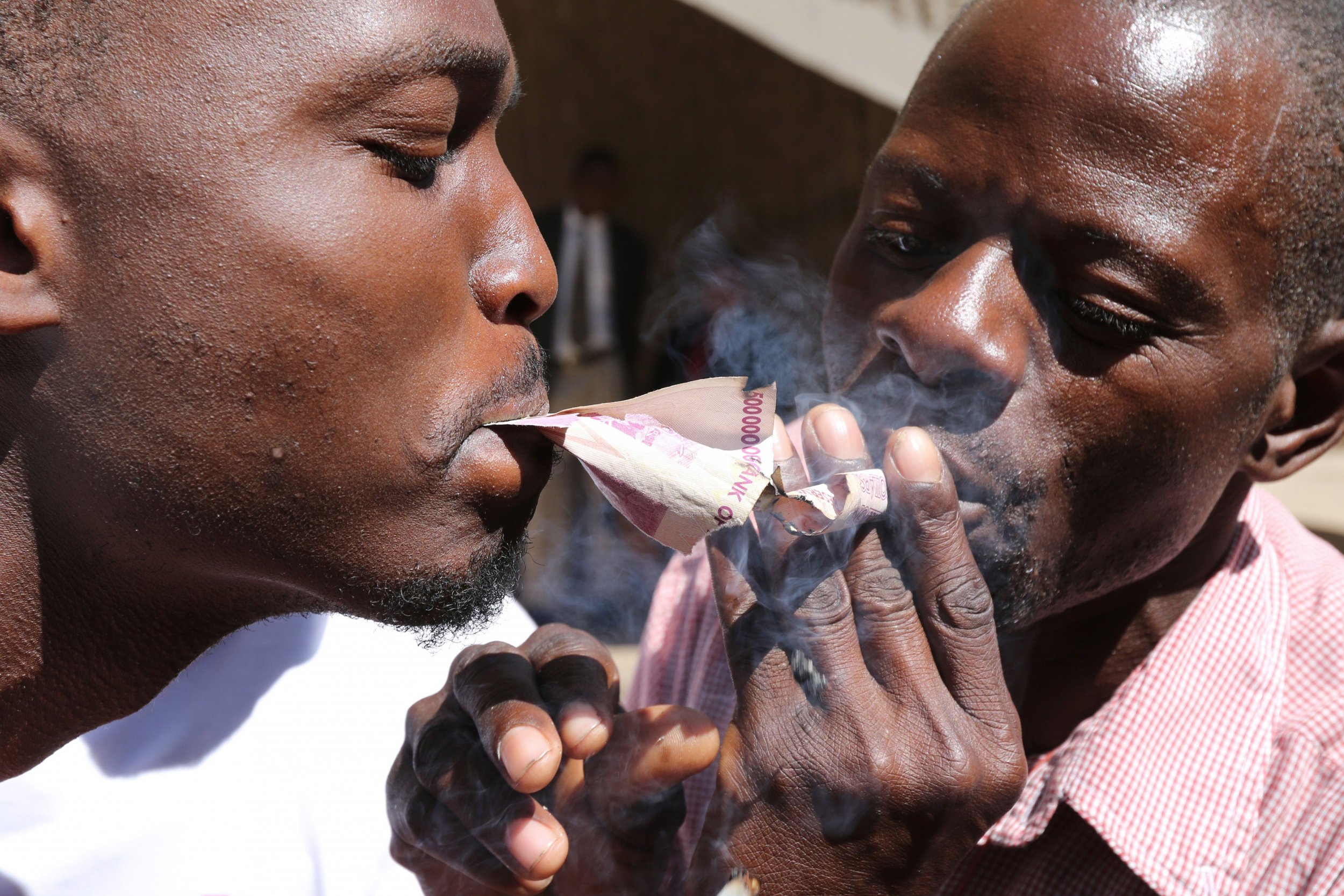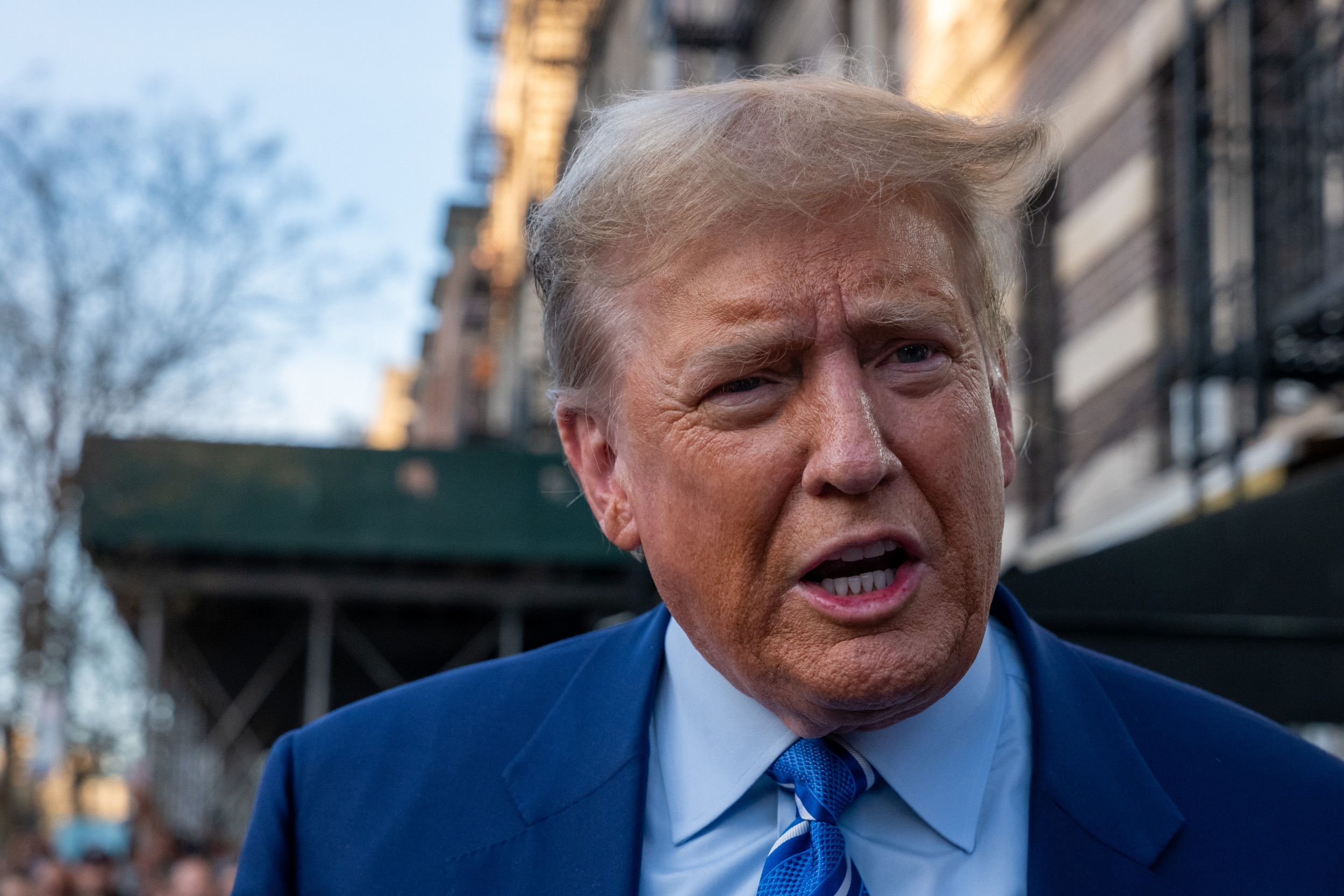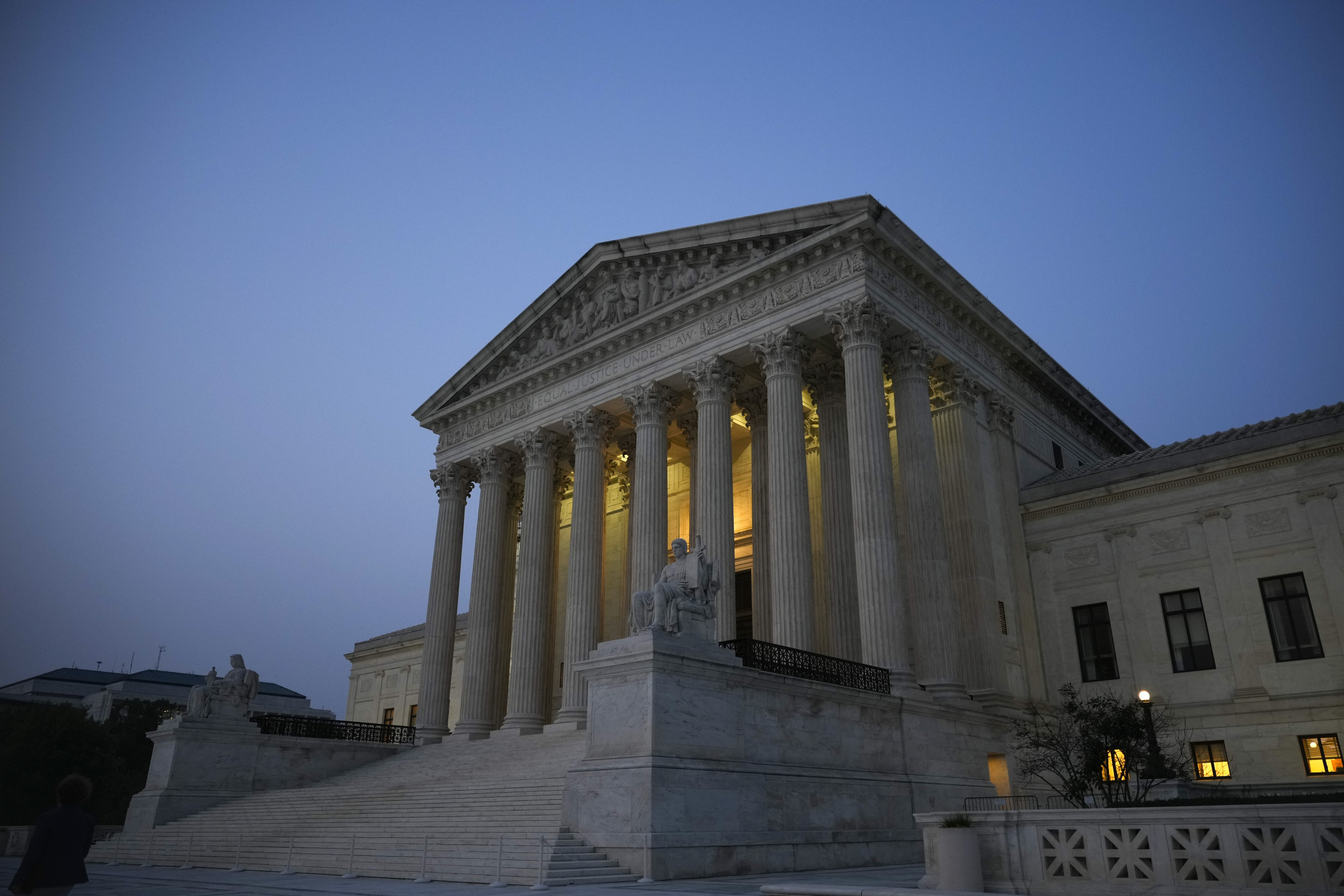
When President Robert Mugabe scrapped the Zimbabwe dollar in 2009, most of his people thought this meant the end of runaway money-printing and hyperinflation that had rendered the currency worthless. They may have been wrong.
Adoption of the U.S. dollar and South African rand eight years ago brought financial discipline and currency stability to the country; today the old 100,000,000,000,000 Zimbabwe dollar note holds nothing but curiosity value.
Yet behind the scenes the authorities are once again busy creating their own money from nothing, economists and opposition politicians say. This has allowed the government to borrow heavily via treasury bills to pay a huge civil service, on whose loyalty Mugabe has relied during his 37 years in charge.
Last year Zimbabwe launched a surrogate currency, paper 'bond notes' which are designed to ease acute shortages of U.S. and South African cash in the country. This program is backed by a $200 million loan from the African Export Import Bank.
But the central bank is also creating dollar surrogates in the electronic banking system on a far grander scale, and this money lacks the backing of sufficient currency reserves or gold—the prerequisite of any stable unit.
It is these electronic dollars, nicknamed "zollars" by economists, that are raising fears that Zimbabwe might be heading for its second financial collapse in a decade.
"It's a Ponzi scheme, a pyramid scheme," former finance minister Tendai Biti told Reuters. "The implosion is coming. You can't defy economics. You can't defy fundamentals."
Biti held the post in a 2009-2013 unity government that comprised Mugabe's ZANU-PF party and the opposition. It conquered hyperinflation after the rate had reached billions of percent, before ZANU-PF regained sole power four years ago.
An opposition leader, Biti remains a staunch opponent of 93-year-old Mugabe, but some economists share his worries.
"They are creating money without anything to back it up. It's just fiction money," one analyst at a Harare-based asset management firm told Reuters. "The question is how long can they keep doing this before the system collapses?" said the analyst, who asked not to be named for fear of recriminations.
Since dollarization, the central bank has not published currency reserve figures but last month it said local banks had $250 million in offshore accounts, equal to Zimbabwe's import bill for just two weeks.
Zimbabwe can ill afford another crisis. Full of economic promise at independence in 1980, it has never fully recovered from a slump that began in 2000 with the violent seizure of thousands of white-owned farms. Unemployment runs at 80 percent.
Neither Reserve Bank of Zimbabwe Governor John Mangudya nor Finance Minister Patrick Chinamasa responded to Reuters requests for interviews. They also did not respond to emailed questions.
Launched in November, the small-denomination bond notes are officially valued at 1:1 to the dollar but cannot be easily exchanged into U.S. currency.
Businesses are charging higher prices when customers pay with the domestic bond notes rather than with dollar bills issued by the U.S. Federal Reserve. This is because the firms often have to buy U.S. currency at a premium on the black market to purchase the imported goods they sell.
"Firms' prices reflect that one U.S. dollar in hard cash is equivalent to $1.30 in bond notes, meaning that the surrogate currency has already lost 30 percent of its value," Chantelle Matthee, an analyst at NKC African Economics in neighboring South Africa, said in a note earlier this month.
Officially inflation scarcely exists. Consumer prices rose 0.06 percent year-on-year in February, the national statistics agency reported.
This data is based on dollars but things are different in the real world of surrogate currency. In Harare, firms selling car parts from South Africa have raised prices 40 percent this year; the costs of imported items such as dishwashers, cheese and breakfast cereal are up as much as 25 percent.
In the banking system, a devaluation also appears underway. Assessing the true value of zollars is difficult but economists have revived a gauge used during the hyperinflation era - the Old Mutual Implied Rate.
This compares share prices of the Old Mutual insurance firm in Harare and in London, where it has its primary listing. Toward the end of last year, around the time the bond note plan was announced, the Harare shares began trading at a sizeable premium.
Old Mutual in Harare closed at $3.51 last week compared with the sterling equivalent of about $2.77 on the London Stock Exchange. So, Zimbabweans need more dollars than people in London to buy the same shares. While a number of factors may be at play, this suggests their currency is worth less, even though its face value is officially at par to the dollar.
Commercial banks are borrowing zollars created by the Reserve Bank. They are then lending them on to the government in return for treasury bills, IOUs known as T-bills.
Private sales of T-bills to the banks and other institutions such as pension funds have raised much-needed funds for the government - it is running big budget deficits to pay a public sector wage bill that swallowed up 91 percent of 2016 spending.
Last year the government was late in paying civil servants, including the army, for several months in a row. When doctors and teachers started striking to demand $180 million of promised year-end bonuses, it caved in.
Despite a constitutional demand for parliamentary oversight of public debt, no details of the T-bill sales are published, making it hard to know exactly how much debt Harare has racked up on top of the $8.5 billion it owes international creditors.
Bankers are concerned by secrecy surrounding the debt sales the Reserve Bank runs. "We urge the central bank to revisit the auction system of treasury bills... to ensure that there is transparency," Charity Jinya, head of the Bankers Association of Zimbabwe, told a parliamentary finance committee in February.
Estimates of the government's domestic debt, based on official figures, media reports and information from local asset managers, are as high as $5 billion, equal to around 35 percent of Zimbabwe's annual GDP.
Official data point to accelerating borrowing as ZANU-PF gears up for parliamentary and presidential elections in 2018. In the three full years since it regained outright power, the government has run deficits of $200 million, $295 million and $1.4 billion respectively, finance ministry figures show.
That final shortfall, in 2016, was from a deficit initially projected at just $150 million.
Harare has also borrowed to pay for other items, including $1 billion to recapitalize the central bank and clear its debts, and $550 million for ZAMCO, a state-run 'bad bank' set up to handle sour debts from the 2008/09 meltdown.
Harare's options are limited. Tax revenue is flat due to a weak economy, which grew only an estimated 0.6 percent last year. The government cannot borrow heavily abroad due to arrears it built up with multilateral lenders.
When the T-bills are due—they have maturities from three months upwards—they are simply rolled over with the issuance of longer-dated debt, several asset managers involved said.
Commercial banks' T-bill holdings have jumped from zero in 2013—the year ZANU-PF regained outright power—to $1.4 billion at the end of last year, according to central bank figures.
However, bankers play down the risks. "At this point there is no doubt in our minds that as any parcel of the Treasury Bill that we are holding matures, we are going to be paid," Never Nyemudzo, chief executive of CBZ, Zimbabwe's biggest bank, told an analysts' briefing last month.
Meanwhile, signs of inflation grow. The basic measure of money supply jumped 40 percent last year, while bank deposits grew from $5.6 billion to $6.5 billion despite the stagnant economy.
"The government is not in control," said University of Zimbabwe economics professor Tony Hawkins. "Events are controlling them and it will be a hard landing when it comes."
Uncommon Knowledge
Newsweek is committed to challenging conventional wisdom and finding connections in the search for common ground.
Newsweek is committed to challenging conventional wisdom and finding connections in the search for common ground.
About the writer
To read how Newsweek uses AI as a newsroom tool, Click here.








